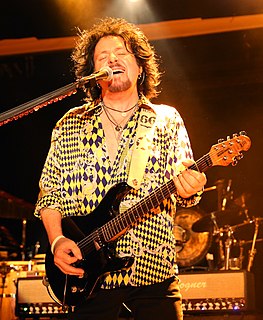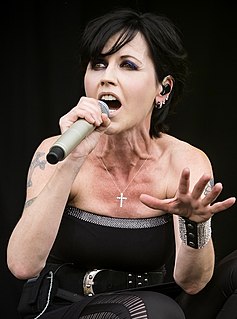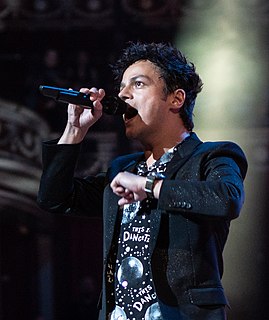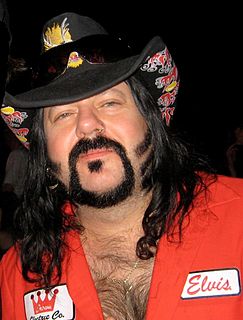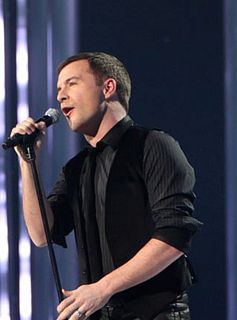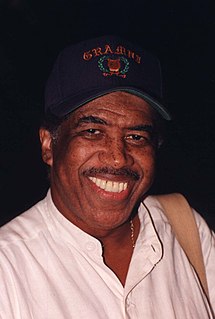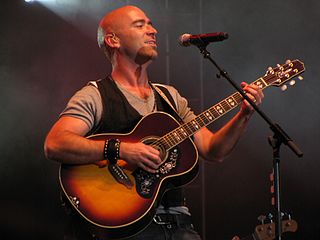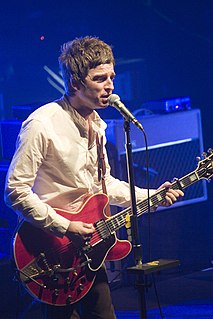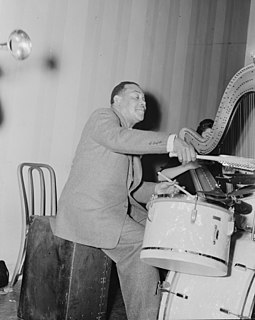A Quote by Steve Lukather
There is no one like Toto in history in that we were both successful as session musicians and also had a band that sold so many million records.
Related Quotes
If you sold a million records, the only way you could be disappointed is if the guy down the street sold seven million. But you've got to start dodging bullets once you've sold that many records, because everybody wants to kill you. We're not in that position. We can still be very successful and not have to worry about wearing bulletproof vests.
There are a lot of musicians who are still desperately trying to pretend that it's 1998 and by having a huge marketing campaign, they somehow believe that they can sell 10 million records. That's delusional. No one sells 10 million records. The days of musicians getting rich off of selling records are done.
I would imagine after the first recording session with Jerry Leiber and Mike Stoller and Atlantic Records I began to realize that this is going to be like this for the rest of my life and I knew that what, what they were doing was going to be successful because with each session that we would do, it would get better and better and better, the songs would become better, the, ah, the feeling of success was there and we were all in the middle of that as well.
I noticed that difference early on, like if you were successful in rock 'n' roll, that was a really bad thing, you almost had to hide it. You had these guys selling 200 million records with dirty T-shirts on. I was like, 'Come on, man. Come on. We know you're successful.' Hip-hop is more about attaining wealth. People respect success. They respect big. They don't even have to like your music. If you're big enough, people are drawn to you.
The fans are the end result of what we do. Sometimes I think we forget that those are the folks that mean it in this game. There's plenty of evidence to be found that you can have all the #1 records in the world, but if you really ain't touchin' them, you don't come home with gold records and platinum records. I'm very proud that we've only had one #1 record, but we've sold two and one half million!
None of us went to university, none of us went to college, none of us played in a different band before, none of us done anything. We were the last great band to come out of nowhere, on an indie label. We've sold 50 million records. That's still the benchmark. Until someone does what we've done, I'll always consider myself the last big songwriter
There were so many bands in New Orleans. But most of the musicians had day jobs, you know -- trades. They were bricklayers and carpenters and cigar makers and plasterers. Some had little businesses of their own -- coal and wood and vegetable stores. Some worked on the cotton exchange and some were porters. They had to work at other trades 'cause there were so many musicians, so many bands. It was the most musical town in the country.
